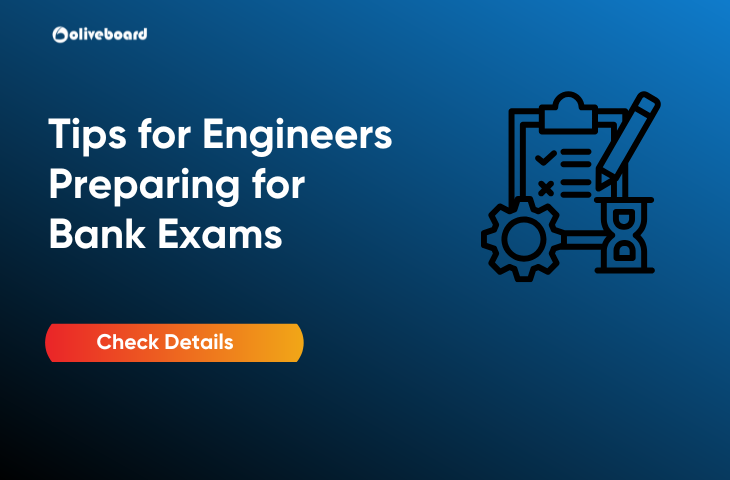Engineering graduates often turn to public sector bank exams to secure a stable and rewarding career. While their analytical skills give them an edge in certain sections, the transition from a technical background to banking exams requires targeted preparation. This guide provides actionable tips for engineers to leverage their strengths and tackle their challenges effectively.
1. Leverage Analytical Strengths
Engineers are naturally inclined towards logical reasoning and quantitative aptitude. Use this to your advantage:
- Quantitative Aptitude: Focus on data interpretation, arithmetic, and number series.
- Reasoning Ability: Prioritize puzzles, seating arrangements, and coding-decoding.
| Section | Key Focus Areas | Why Engineers Excel |
| Quantitative Aptitude | Data Interpretation, Arithmetic Problems | Analytical mindset and familiarity with numbers. |
| Reasoning Ability | Puzzles, Seating Arrangements, Logical Reasoning | Problem-solving skills honed during engineering. |
Action Plan:
- Use Oliveboard’s sectional tests to strengthen Quant and Reasoning skills.
- Practice solving timed puzzles and DI sets regularly.
2. Develop Proficiency in English
English is often a weaker area for engineering graduates, as technical education may not focus on language skills. Key areas to focus on:
- Reading Comprehension: Improve speed and accuracy.
- Grammar and Vocabulary: Focus on error spotting, cloze tests, and para jumbles.
Tips to Improve:
- Read editorials from The Hindu or The Indian Express daily.
- Use Oliveboard’s vocabulary quizzes and grammar lessons for focused practice.
- Attempt at least one Reading Comprehension test per week to build confidence.
3. Build Banking and Financial Awareness
Engineers often lack exposure to banking and financial topics, which are critical for the General Awareness section and the interview phase.
Key Topics to Cover:
- Basic banking terms and concepts (e.g., CRR, SLR, Repo Rate).
- Recent developments in the Indian banking sector.
- Important government schemes related to banking.
| Resource | Why It’s Useful |
| Oliveboard’s Banking Awareness Capsules | Concise and up-to-date coverage of banking topics. |
| Monthly Current Affairs Capsules | Summarizes important events and financial news. |
4. Balance Technical Skills with Exam Requirements
While engineering instills a strong foundation in problem-solving, bank exams require specific skills like speed and accuracy. Focus on:
- Speed: Practice solving questions within time limits.
- Accuracy: Avoid careless errors, especially in Quant and Reasoning.
Strategy:
- Attempt Oliveboard’s timed quizzes to build exam stamina.
- Analyze mistakes in mock tests and focus on error-prone areas.
5. Manage Time Effectively
Engineering graduates often work full-time or pursue other commitments while preparing for bank exams. Time management is crucial for consistent preparation.
Suggested Schedule:
| Time Slot | Activity |
| Morning (1 hour) | Revise banking awareness or Quant basics. |
| Lunch Break (30 minutes) | Read current affairs. |
| Evening (2–3 hours) | Solve practice sets and analyze mock tests. |
Oliveboard’s mobile app allows flexible learning, making it easier to study during breaks or commutes.
6. Practice Mock Tests Regularly
Mock tests are essential for engineers to adapt their problem-solving approach to the exam format. Key benefits include:
- Familiarity with the exam pattern.
- Improved speed and time management.
- Identification of weak areas.
Mock Test Strategy:
- Start with sectional mock tests to focus on individual areas.
- Gradually progress to full-length mock tests as the exam date approaches.
- Use Oliveboard’s detailed performance analytics to refine your strategy.
| Test Type | Frequency |
| Sectional Tests | 3–4 per week |
| Full-Length Tests | 1–2 per week |
7. Prepare for the Interview
Engineers must prepare for common interview questions, especially those addressing their career switch. Likely topics include:
- Why you are transitioning from engineering to banking.
- How your technical background can add value to banking roles.
Preparation Tips:
- Focus on banking concepts and recent developments.
- Practice mock interviews using Oliveboard’s interview preparation resources.
8. Avoid Common Mistakes
Engineers should be mindful of these common pitfalls:
- Overconfidence in Quant and Reasoning: Don’t neglect practice despite your strengths.
- Ignoring English and General Awareness: These sections can significantly impact your overall score.
- Inconsistent Preparation: Maintain a regular study schedule to ensure steady progress.
Conclusion
Engineers have the analytical skills and problem-solving abilities to excel in bank exams. By focusing on their weaker areas, managing time effectively, and leveraging Oliveboard’s tailored resources, they can achieve success in their first attempt. Start your preparation today with Oliveboard, and take the next step toward a stable and rewarding career in banking!
| Social Community | Join Now |
| WhatsApp Official Channel | Join WhatsApp Channel |
| Telegram Official Channel | Join Telegram Channel |

- SBI CBO Sectional Timing 2025, Know Subject-wise Timings

- SBI CBO Last Minute Tips Before Exam, Check Now

- SBI CBO 2025 Shift Timings, Exam Instructions & Documents to Carry
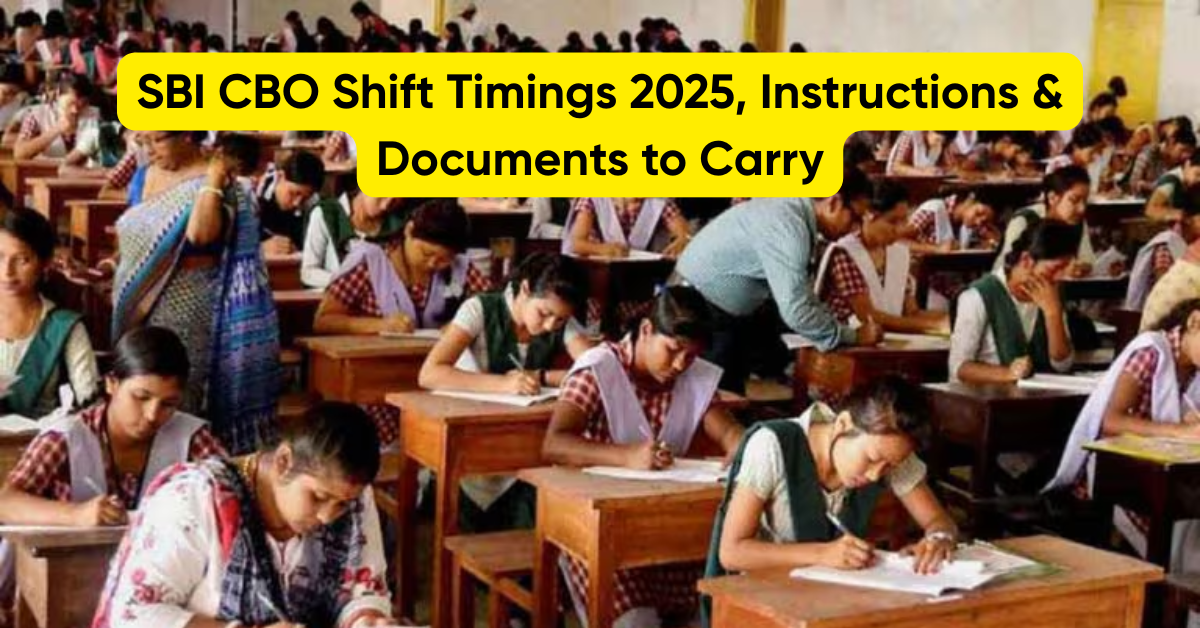
- SBI CBO General Awareness, Know Important Topics Before Exam
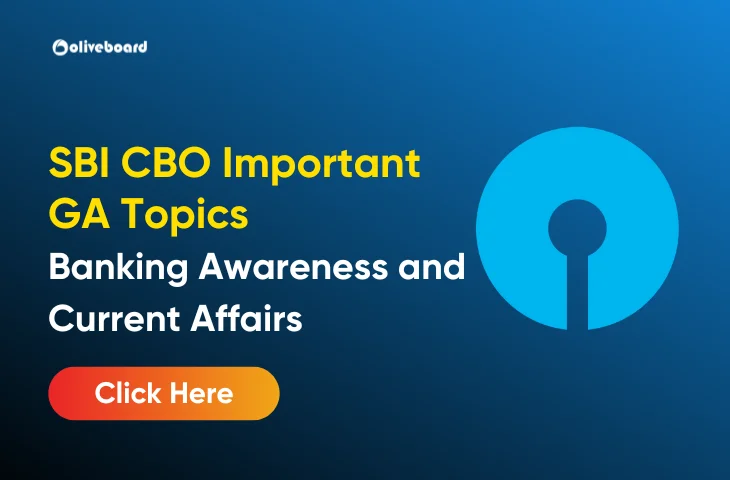
- SBI CBO Admit Card 2025 Out, Exam Date 20th July
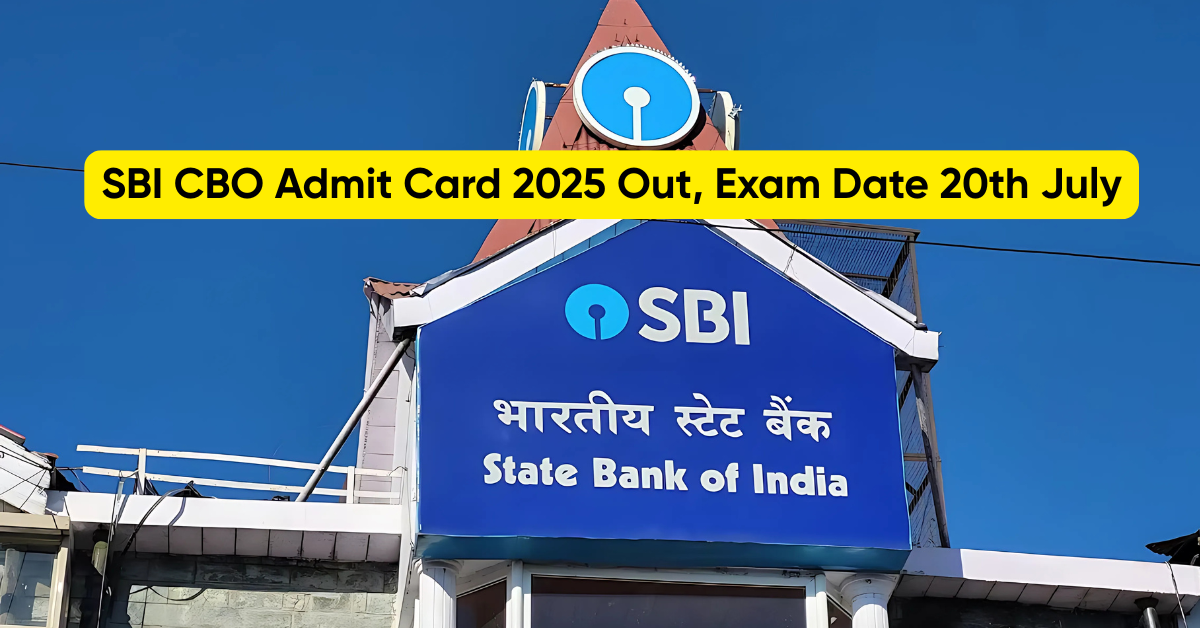
- Error Detection Questions for SBI PO Exam 2025
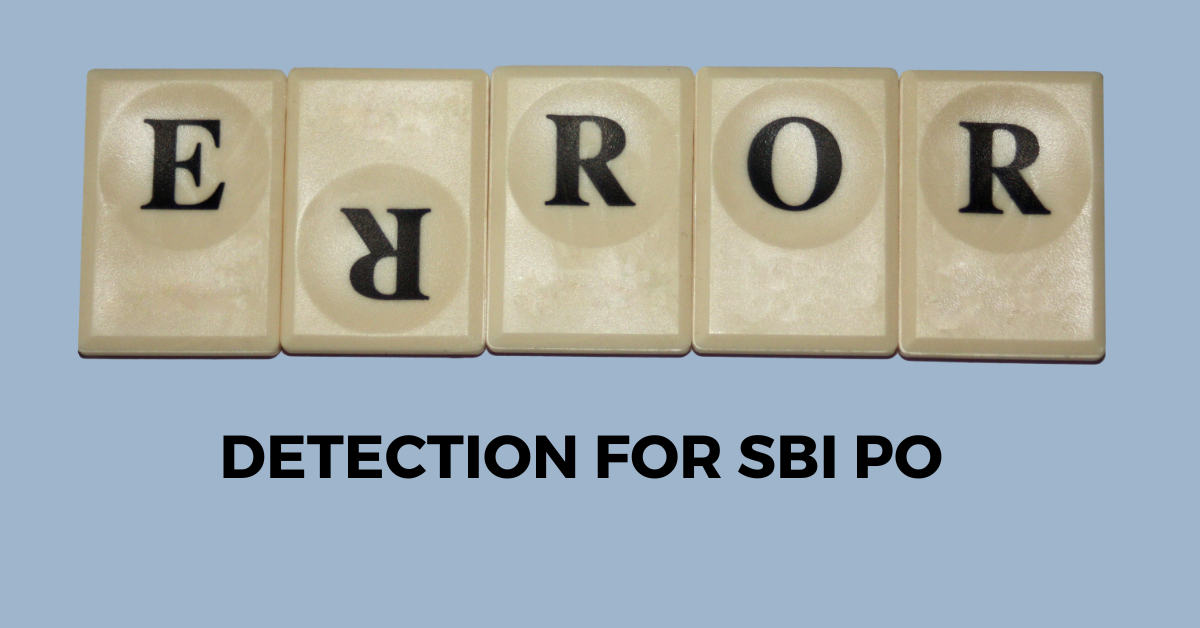

Hello, I’m Aditi, the creative mind behind the words at Oliveboard. As a content writer specializing in state-level exams, my mission is to unravel the complexities of exam information, ensuring aspiring candidates find clarity and confidence. Having walked the path of an aspirant myself, I bring a unique perspective to my work, crafting accessible content on Exam Notifications, Admit Cards, and Results.
At Oliveboard, I play a crucial role in empowering candidates throughout their exam journey. My dedication lies in making the seemingly daunting process not only understandable but also rewarding. Join me as I break down barriers in exam preparation, providing timely insights and valuable resources. Let’s navigate the path to success together, one well-informed step at a time.
